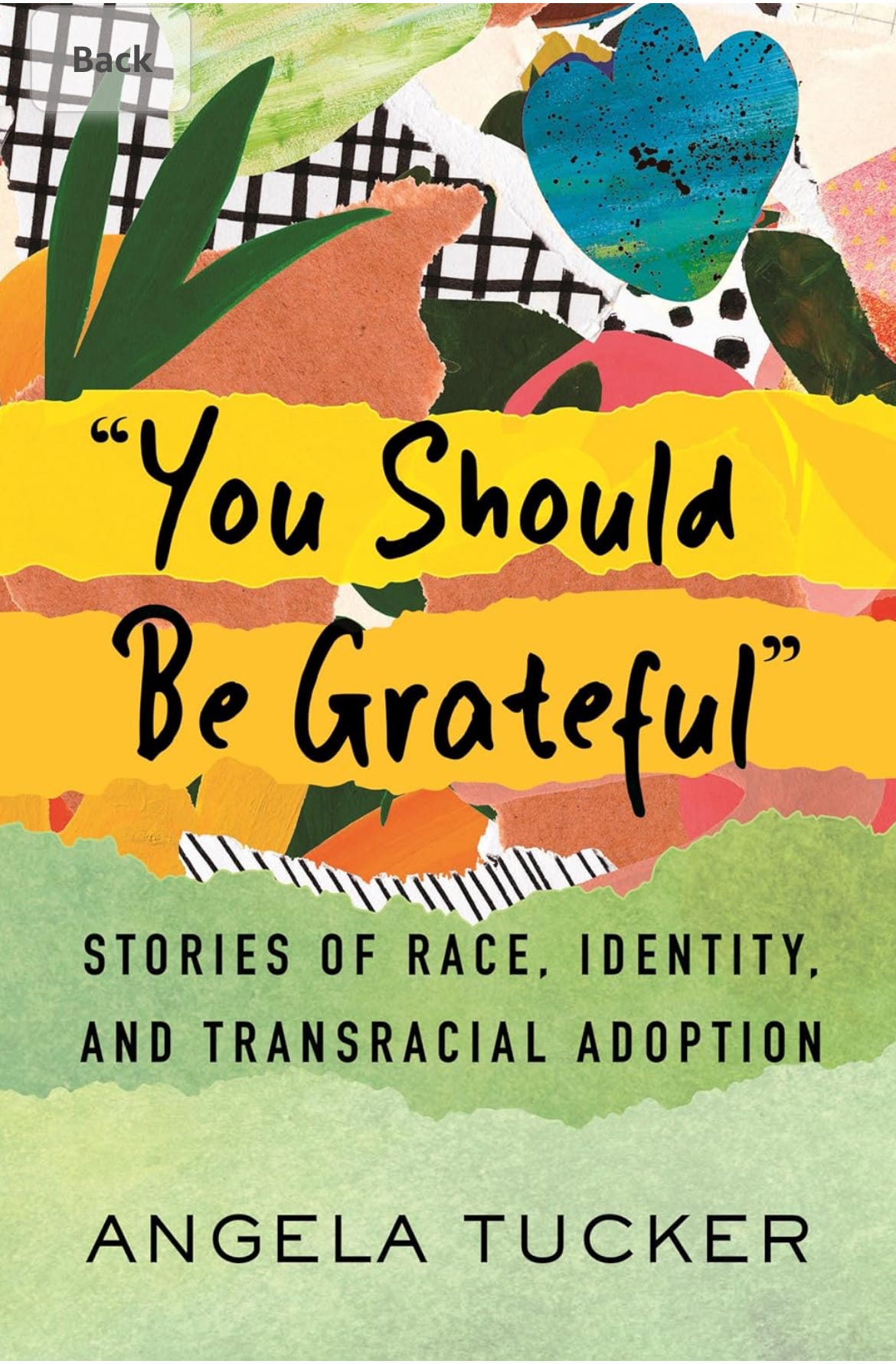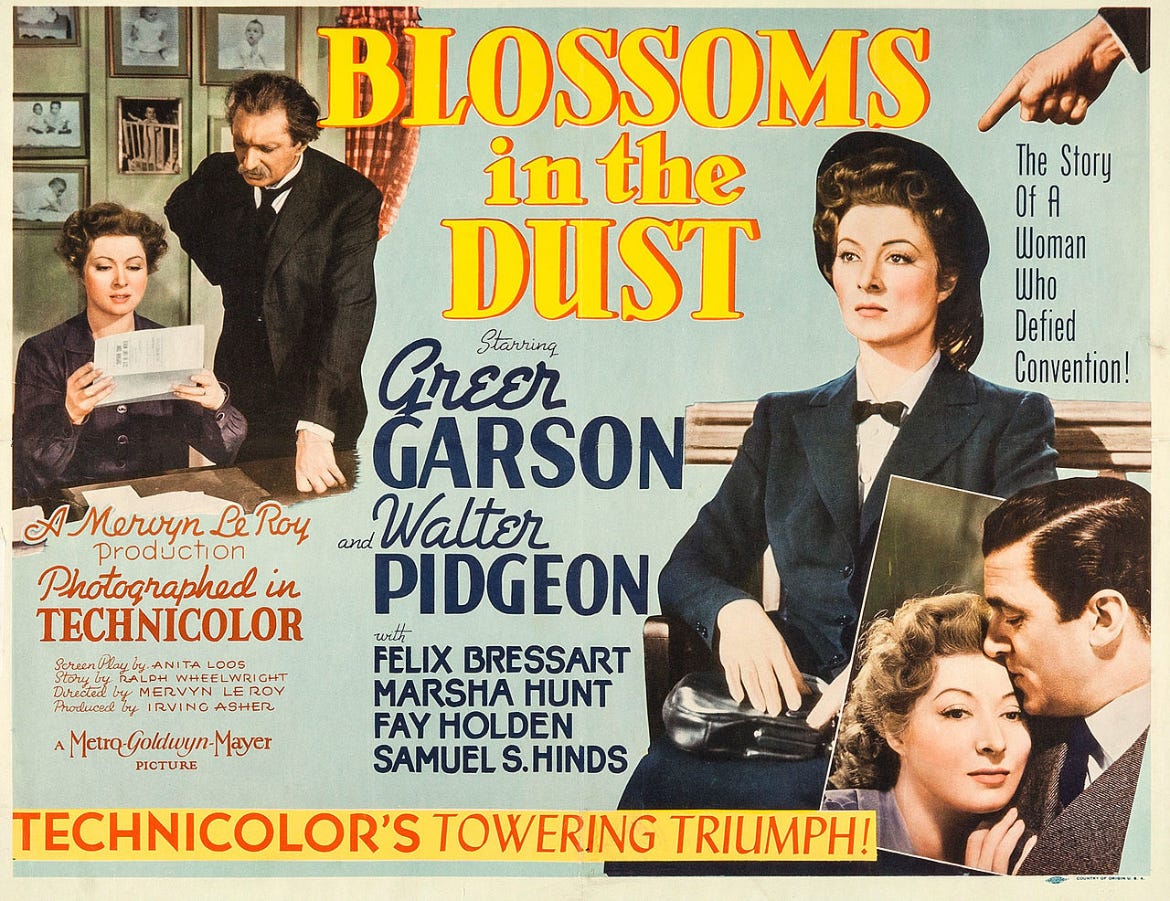Today the Atlantic has published a story of mine that was more than a year in the making—or rather, more than a year in the writing; the making was more than fifty years, because it’s about the start of my life. It’s a short history of secret or closed adoptions, using my own as an example.
People who have seen me write on deadline say I do it swiftly, banging the keyboard so hard that they feel sympathy for it. This had to be different, because the story was so personal and the subject so complex. The story went through many drafts and much editing, and sometimes also just had to be set aside because I didn’t have the head space.
I wanted to do more than tell my story. I wanted to understand and convey the perspectives of other people. Every adoption is different, and within each adoption the experience differs for birth parents, adoptive parents, adoptees, and others involved.
With that in mind, here are some books and other references that give still more perspectives. The list is far from comprehensive! It mentions sources that helped me as I wrote, some of which are the sources of facts or quotes in the text.
Links to these resrouces are below—as is a gift link to my Atlantic story.
You Should be Grateful: Stories of Race, Identity, and Transracial Adoption. By Angela Tucker. My friend Angela is an adoption activist and mentor. Like me, she experienced a closed adoption. Unlike me, she had a transracial adoption—which means her story illuminates an experience that’s very common today.
As an adult, Angela traveled from Washington State to Tennessee to locate her birth parents, a personal detective story that she made the subject of a documentary called Closure. This touching book goes beyond, drawing on her interviews with many adoptees she has mentored. The title, You Should Be Grateful, says a lot in four words. Angela was adopted into a loving family, for which she was grateful! But she didn’t want to be told “You should be grateful,” in other words that she should not find her own identity, or that she should fall silent about the pain and loss that are part of adoption. People might prefer a simpler story; Angela is alive to the complexities.
The people in Angela’s book differ from me in age, race, background, geography and much else—yet I felt connected to them. Addy, a nine-year-old adoptee, asks Angela how much she cost. As the Atlantic article shows, this is a question I asked once as a child.
Angela herself writes of the time that she imagined her birth father was Magic Johnson. I, too, wondered if a particular famous person was my parent.
Adoption Nation: How the Adoption Revolution is Transforming Our Families—and America. By Adam Pertman. The author is an adoptive father who covered adoption as a journalist, and is now an authority and advocate on the issue. His book offers a compelling overview of the practice as it has evolved in the early twenty-first century. From the beginning, Pertman gets across the different perspectives on adoption—recounting his own experience, as an adoptive parent, meeting Sheila Hansen, a birth mother who felt she had been forced to surrender her baby in the 1960’s.
Family Matters: Secrecy and Disclosure in the History of Adoption. By E. Wayne Carp. This history draws, in part, on the author’s access to some 21,500 case histories that a Seattle adoption agency collected across decades. The book is filled with facts that illuminate a policy and practice that were obscure by design.
Texas Adoption Activist Edna Gladney: a Life and Legacy of Love. By Sherrie McLeroy. This is an admiring portrait of an adoptee who became a prominent advocate for sealing birth records in the 1930’s. Gladney, an adoptee herself, had the word “illegitimate” on her own birth certificate, and she took up the slogan, “There are no illegitimate children, only illegitimate parents.”
One of my favorite facts that was left out of the Atlantic article is about Gladney: her advocacy for Texas adoptees and foster children during the Great Depression so captured the public imagination that she became the subject of a Hollywood film, Blossoms in the Dust.
Gladney’s career illustrates the way that public attitudes change. In the 1930’s her drive to seal records was seen as the progressive view, shielding adoptees and others from judgmental society. Today, advocates of open records view themselves as the fighters for reform.
The Shoebox Effect: Transforming Pain into Fortitude and Purpose. By Marcie Keithley. The author is a birth mother who told me some of her own story for the Atlantic article. In this book she reaches beyond her story to explore ways for people to address many kinds of painful or unfinished experiences from their past—literal or metaphorical memories in a shoebox.
The Adoptee Rights Law Center. This website is run by Gregory D. Luce, a lawyer and adoptee, who draws on contributors and sources from across the country. Luce has a definite point of view in favor of equal access to birth records—and has also made his site a reliable clearinghouse for the status of the relevant laws in every state.
Thanks for reading Differ We Must, a companion to my book of the same name. Differ We Must tells Lincoln’s life story through his meetings with people who differed with him.
The adoption story relates to that theme because it called on me to see this intensely personal topic as it looked from the perspectives of other people involved. I’d like people to know and understand my perspective — but only speaking my truth would not be enough.
I got a sense of this when talking to my family about this story. My mom said a beautiful thing: she reminded me to be fair and respectful to my birth mother, a person she’s never met. I try to do what my mom says.
Here are the links.
My article in the Atlantic, “No One’s Children”
You Should Be Grateful by Angela Tucker
Angela Tucker’s documentary Closure
Adoption Nation by Adam Pertman
Family Matters by E. Wayne Carp
The Shoebox Effect by Marcie Keithley






Mr. Inskeep, thank you for this post and for your article (which I’ve read and sent onto my therapist). My story is very similar to yours. Born in Philadelphia in 1961, adopted in New Jersey. Like one of the individuals in the Atlantic piece, a doctor facilitated the adoption (as he did for my older brother; different birth parents).
Some differences: I decided to find my birth mother after giving birth in 1987; my son was the only biological relative I had, and I realized I wanted to know more. By 1990 I’d worked up the nerve to ask my parents (who raised me=my parents) to sign off on my request to unseal my birth records. In the county in which I was adopted, they could be unsealed if all three parties agreed: adoptee, birth mother, adoptive parents. To their eternal credit, they took the leap of faith and agreed. (Like your mom, there was some fear of losing me. Unfounded, it turned out.)
I met her in 1990, along with my then husband and toddler son. I also met my five half-siblings. Over the years it became clear that she had a lifelong grief about having surrendered me (about which she’d had no choice; family pressure). Meeting me did not heal it. She apologized over and over. I told her she had nothing to apologize for; I was grateful for the family who’d raised me.
She’d become pregnant in college in Maryland (where she lived her whole life). She was sent away to Wilkes-Barre for the last half of her pregnancy. The father was a Brazilian exchange student; about ten years older than my birth mother. He fled to Brazil leaving two coeds pregnant.
You probably will be deluged with stories now. Adoptees do want to know, even if we suppress that desire for years (as I did).
Thank you for bringing attention to laws whose time has passed. Everyone deserves the dignity of knowing who they are.
Thank you, Steve, for your moving story. I'm the father of a four-year-old adopted daughter who is just now starting to become aware of how she came into our lives. She is a different ethnicity than we (her two dads), and we lost contact with her birth mother over two years ago. I can already feel the emotional complexities coming down the pike. Rather than avoid thinking about them, reading stories like yours makes me feel more confident that somehow we'll navigate them as they come.